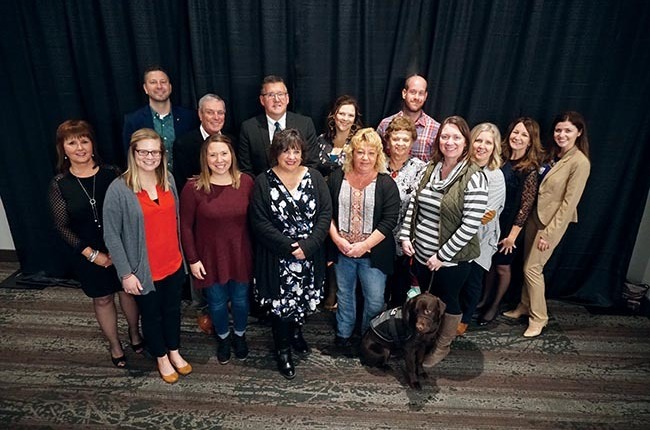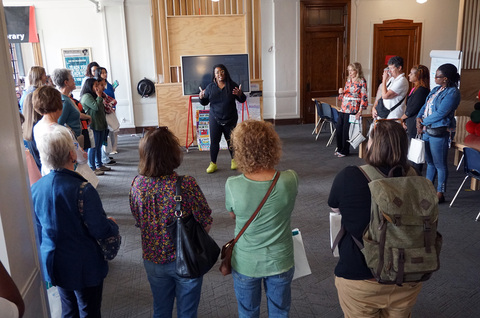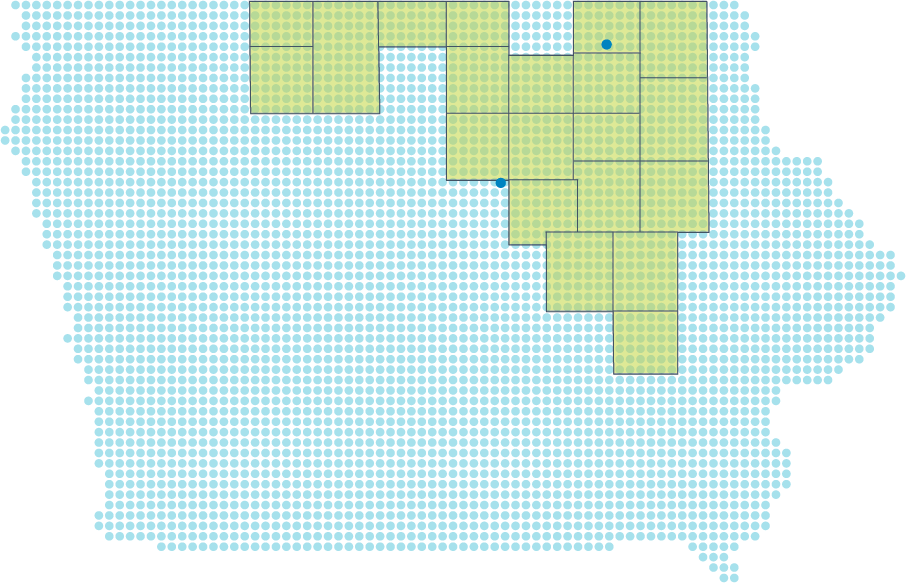
Ending the Stigma in the Cedar Valley
July 5, 2020
Established in 1949, Black Hawk-Grundy Mental Health Center has seen many changes in the mental health field. However, throughout that 71-year history, one major obstacle continues to hinder getting services to people who need them - the ongoing stigma associated with mental illness.
According to Tom Eachus, executive director at Black Hawk-Grundy Mental Health Center, one in five Americans will experience some type of mental health issue in their lifetime. “That’s about 50 million people in America,” stated Tom, who has 31 years of experience at the center. “Mental health is one of the most common health problems in the United States, yet we struggle to make treatment more mainstream because of the stigma associated with getting mental health services.”
Today, Black Hawk-Grundy Mental Health Center has 72 staff in 15 programs working on an active caseload of around 6,000 people, and the need in Iowa continues to be unmet and is growing. “Unfortunately, there are a number of shortages that impact our work and our ability to take care of people,” said Tom. “Statistically, Iowa is 44th in the U.S. in having a behavioral health workforce to draw from.”
The Community Foundation of Northeast Iowa has been at the table for community conversations around mental health in the Cedar Valley for years, and in 2019, made a $50,000 grant to Black Hawk-Grundy Mental Health Center. The grant provided matching gift dollars to help increase giving and awareness of the need for mental health services.
“The grant made a huge impact, not only because it was a generous gift, but because it furthered philanthropy and generosity in the community for the Black Hawk-Grundy Mental Health Center,” said Mike Lind, executive director for the Allen Foundation. The Allen Foundation provides financial support to UnityPoint Health - Allen Hospital, including Black Hawk-Grundy Mental Health Center.
The additional funding leveraged through the matching gift campaign allowed the center to expand its telehealth system to reach more people and has provided dollars for staff training with experts in evidence-based practices.
“The grant was appreciated and, quite honestly, needed now more than ever,” said Tom. “The reason it’s important is everybody is affected by mental health in one way or another in life.”




